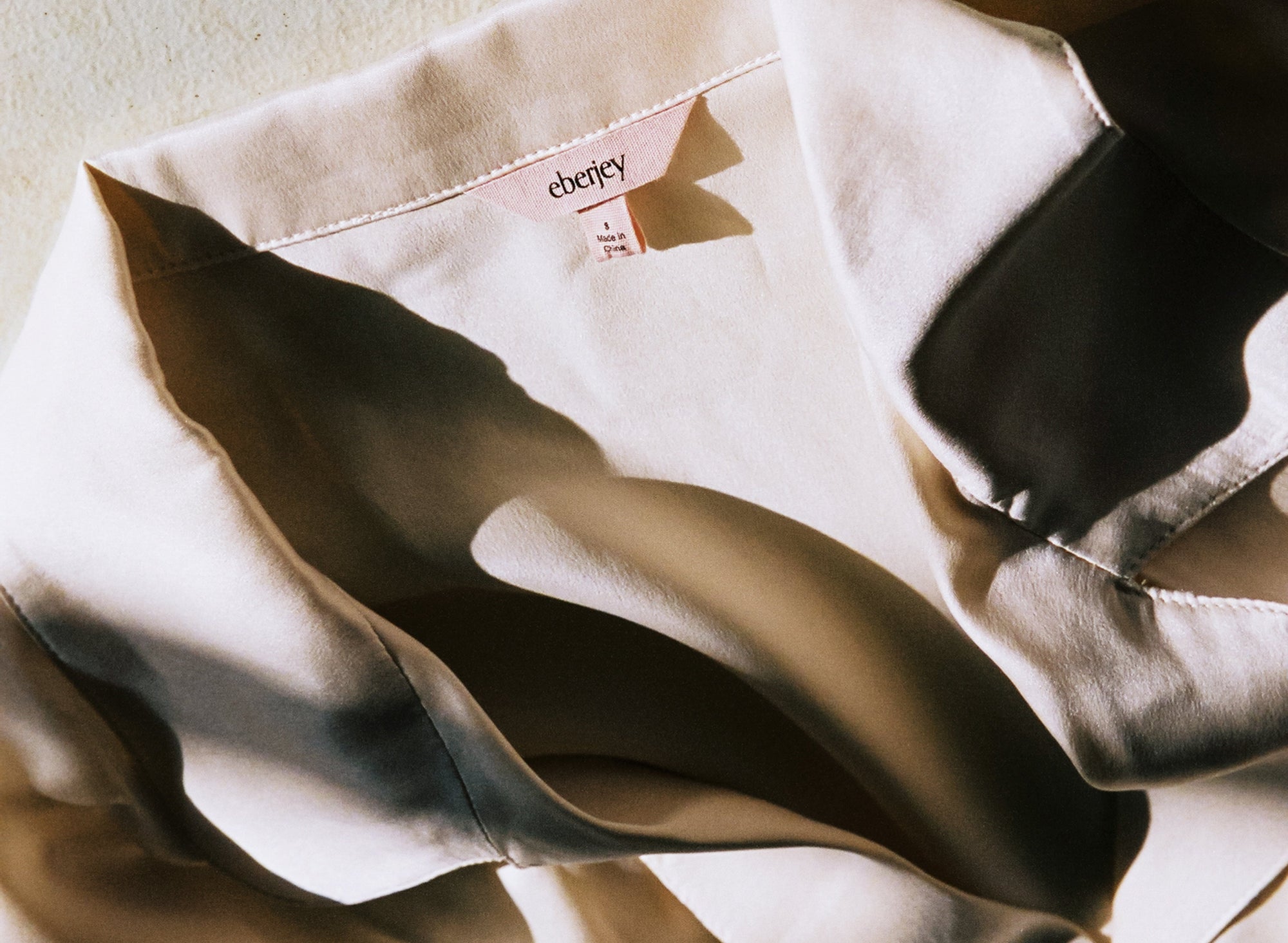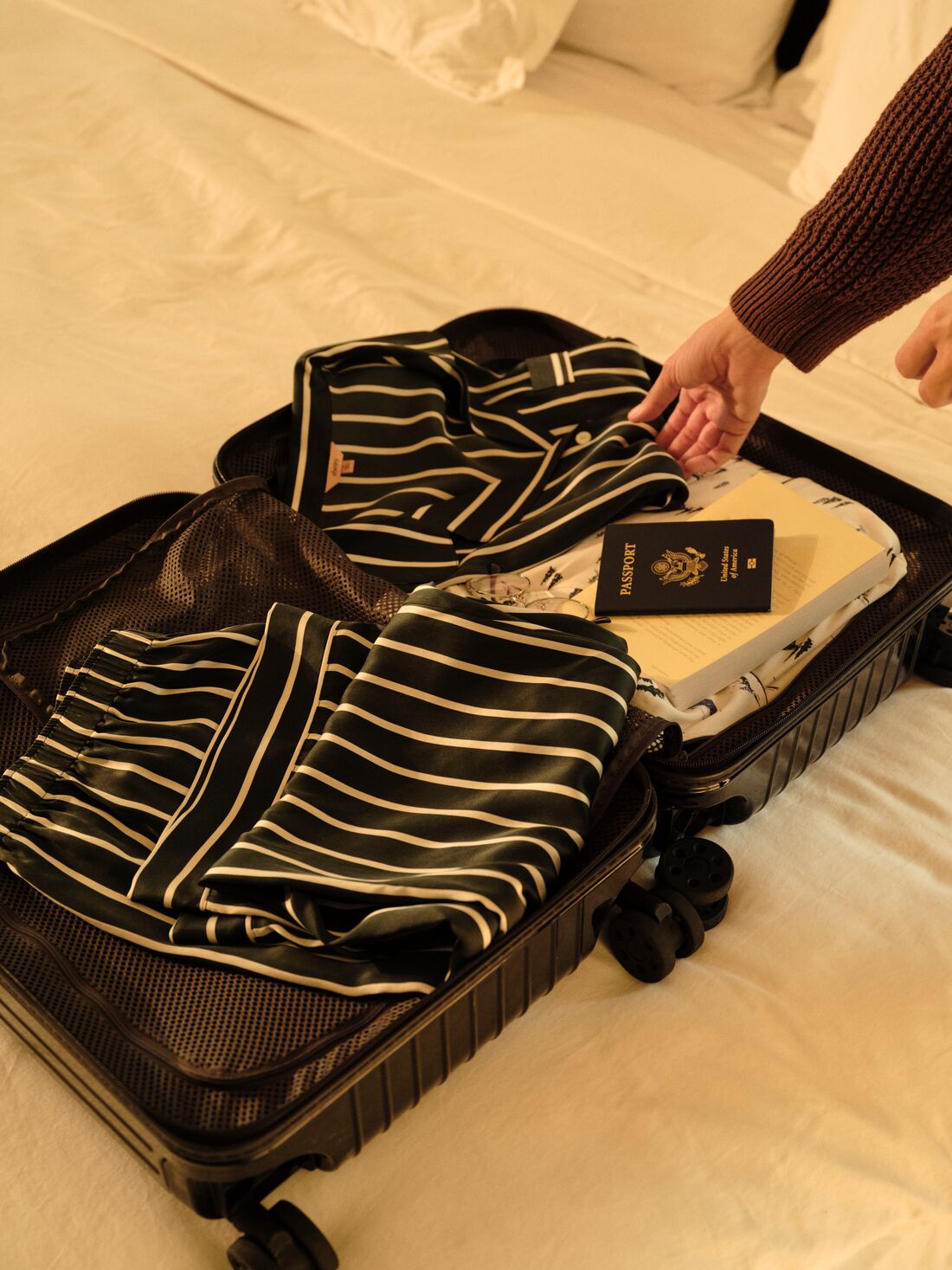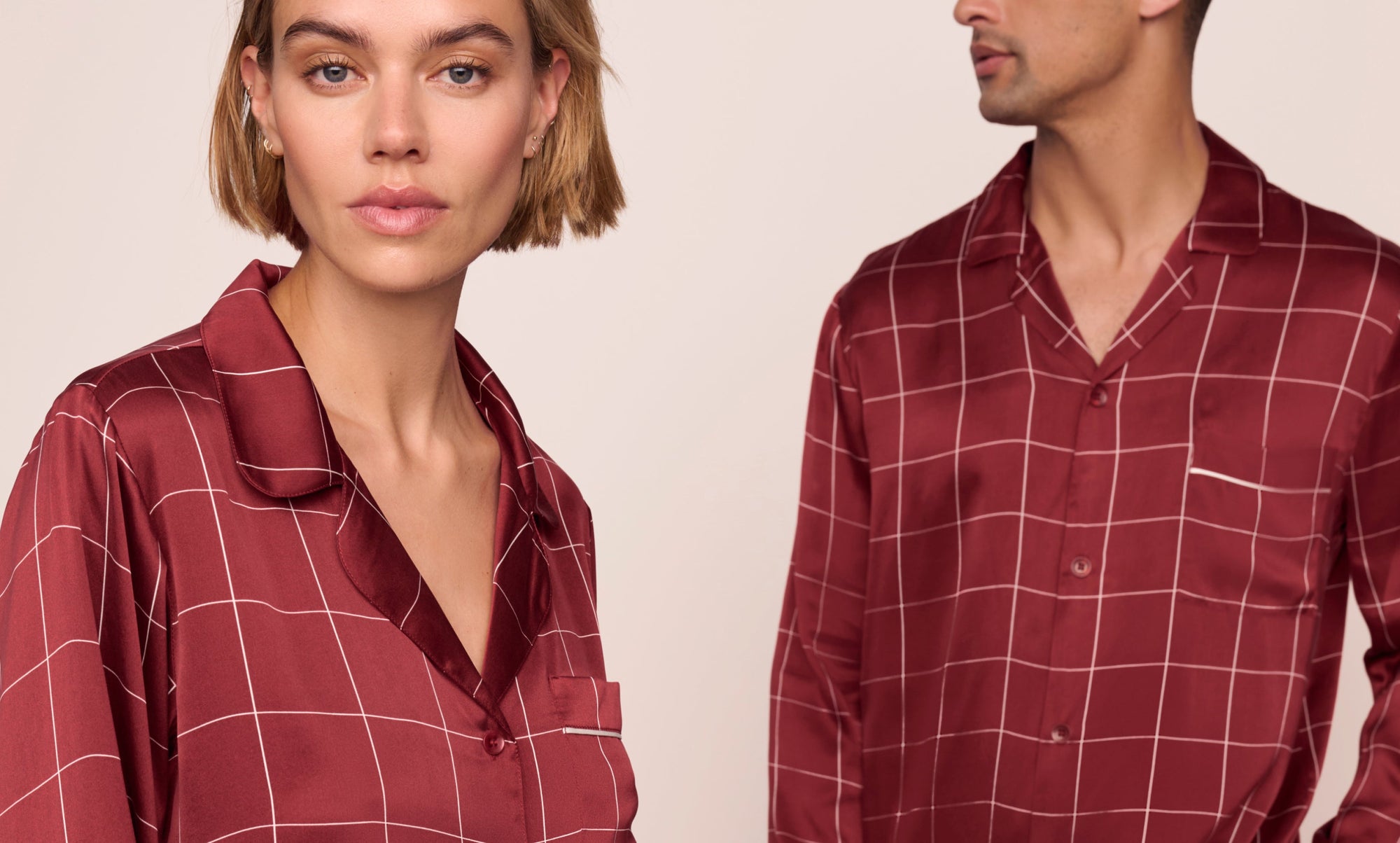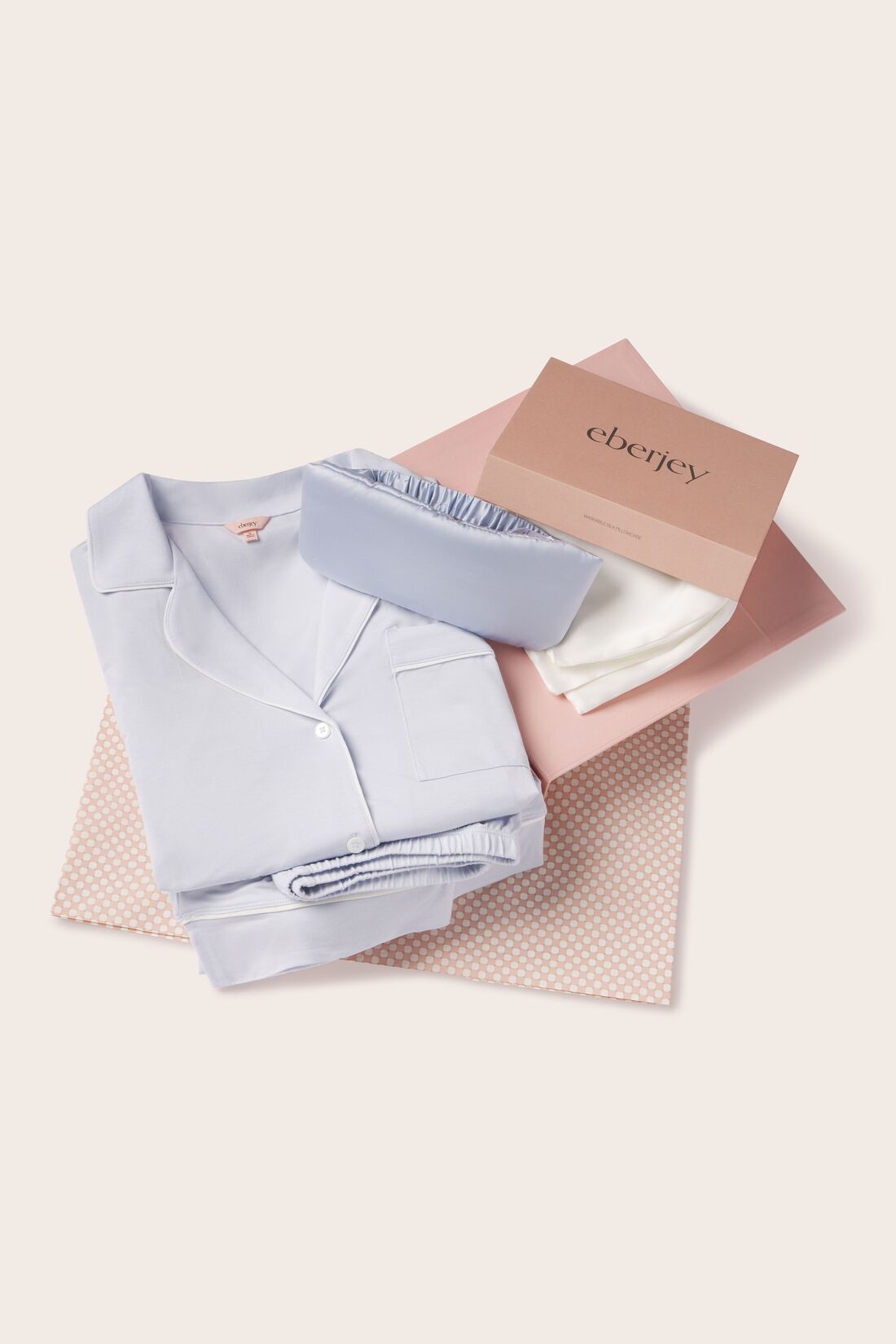Silk and satin; the two are often confused for each other at a distance. However, with a closer examination (and touch) the mystery is soon solved.
Despite their sometimes similar appearance, they really couldn’t be more different.
Satin is a particular weave often constructed with polyester fibers, and not a natural fiber (though it could contain natural fibers in the weave.) Also, satin will show a sheen on the outside, while on the inside of the garment, the fabric will take on a flat, even dull appearance.
Comparatively, 100% silk is an all-natural fiber and fabric. And as for its sheen, usually, it will appear fluid on both sides of the fabric, even if the fabric has only been dyed on one side. This often happens with washable silk, as the color is applied after the garment has been constructed.
So, you might remember it this way; silk could be a satin, but satin could never be a silk.
What is More Comfortable Silk or Satin?
Can you feel the difference between satin and silk? Usually, the difference is immediately apparent once you touch it.
When you touch a polyester satin fabric, it has a distinctly cheap, slippy, and synthetic feel to it. Even though satin tries to get their product to a ‘soft feeling,’ it fails.
Pure silk fabric is made from a natural protein fiber, much like your hair. This provides both a smooth and soft feel that man-made textiles have had a very hard time replicating. That’s not to say they never will, but they're still a long way off.
A wider view of this issue would need to encompass the other qualities that silk has, that satins haven’t come close to, being the ‘breathability,’ and silk’s ‘thermoregulating’ aspects.
So on one hand, silk breaths. On the other hand, it will keep you cool in the summer and warm in the winter. It seems like an unlikely pair of attributes. Oxymoronic even, but it’s true.
Is Satin Cheaper Than Silk?
Yes, much cheaper.
Making satin weaves usually requires a lot of chemicals (and used chemical runoff) and even petroleum-based compounds. Candidly, it’s a nasty process, inefficient and toxic. And then there are the issues of microfibers infecting all life on the planet, but that’s a topic for a different post.
On the other hand, making silk cloth (even washable silk cloth) requires the threads to be harvested from the cocoons of silkworms and sometimes, those thread’s lengths reach well over a mile. All from 1 silkworm cocoon! That’s amazing in itself, but also consider the tinsel strength of silk fiber. At scale, it’s stronger than steel.
The production of silk fabric, as you might imagine, is quite an involved process.
In fact, it’s a process that was well guarded by Chinese secrecy for well over 2000 years. Arguably, it was the most ardently and vehemently guarded secret ever held in history.
Today the Chinese are still the number one producer of silk in the world in terms of volume, and most would argue in quality as well.
Both silk and satin have their background in China, but silk is far harder to produce. This makes silk much more expensive. Especially, when satin is simply engineered and woven.
Which Material (Satin or Silk) is Better for Pajamas?
Silk (or Washable Silk), hands down, without a doubt.
Silk’s breathable and thermoregulating properties alone make it an ‘any season’ pajama. Though, really, it’s the feel against your skin that will make you a believer.
Satin can’t come anywhere close to those 3 all-important factors at any price.
If you spend approximately, one-third of your life in bed, or near it, why not wear the very best fabric available?
Especially these days, where you might have a really short commute — from your bed to your (home) office.
Luxurious, practical, beautifully modern — it’s the Eberjey way.
Eberjey is here for your soulful comfort through long-lasting quality sleep and loungewear. We offer luxurious collections for women, men, and children. Here are our other links for more information about us, our fabrics, our journal, corporate gifting, and of course, how to contact us. #eberjey






